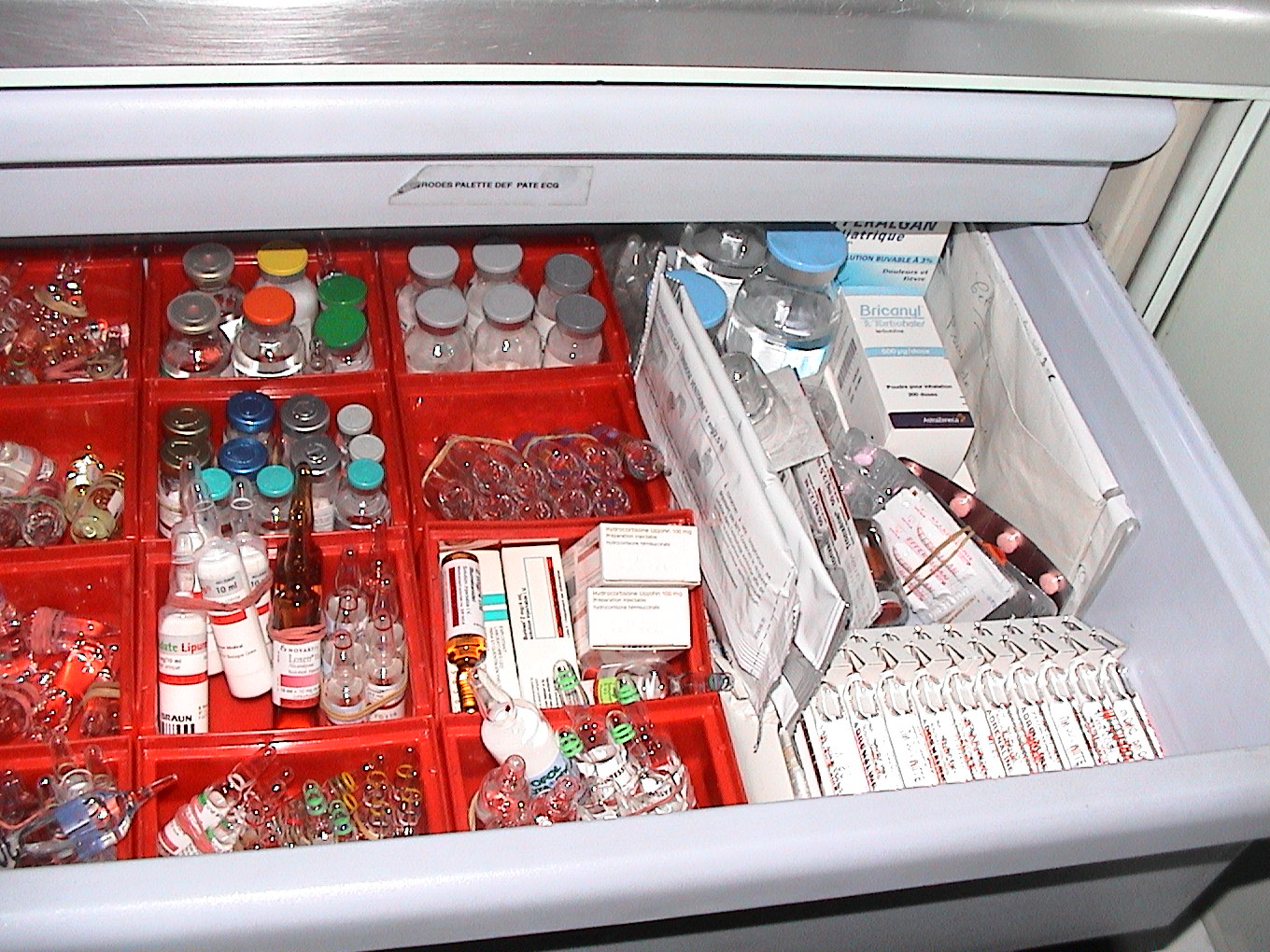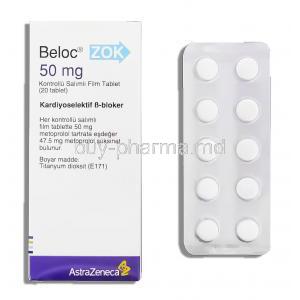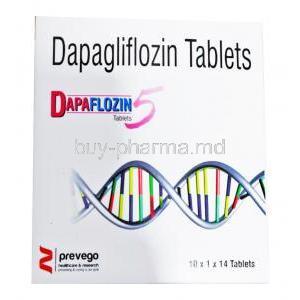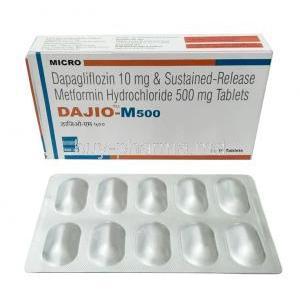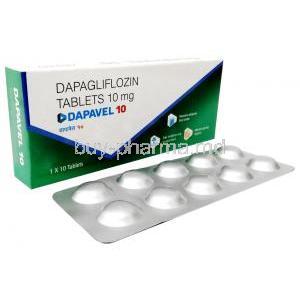Diosmin
I. Introduction
An Overview of DiosminDiosmin is a compound derived from citrus fruits commonly used to treat vascular conditions. It plays a role in improving venous tone and reducing inflammation, making it an essential medication for venous insufficiency and hemorrhoids. The Significance of Diosmin in Vascular Health One of the benefits of Diosmin is its effectiveness in promoting vascular health. It helps improve tone and reduces inflammation, positively affecting various vascular disorders. The Purpose of this ArticleThis article aims to provide an understanding of Diosmin by exploring its composition, mechanisms, applications, precautions, and potential interactions.
II. Composition of Diosmin
There are two ways to obtain Diosmin: from citrus fruits or synthetic methods. Both approaches have their pros and cons. Diosmin has a chemical structure includes a specific flavonoid composition, which is essential for its bioactive properties. It comes in formulations such as tablets, capsules, and topical applications. Tablets are commonly preferred for conditions capsules for faster absorption, and topical applications are ideal for localized treatment.
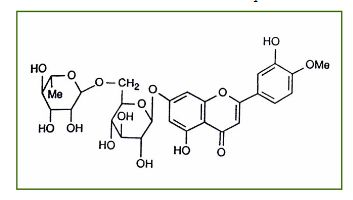
III. How Diosmin Works
The way Diosmin works involves improving the tone of veins and reducing inflammation. It strengthens the walls of veins by affecting biochemical processes. This helps to enhance the constriction of veins, improving blood flow back to the heart. Diosmin also has inflammatory effects by regulating markers associated with inflammation, which helps reduce local inflammation and swelling. In terms of its availability and absorption, Diosmin is moderately bioavailable. It is mainly absorbed in the gastrointestinal tract. It is primarily metabolized in the liver. Its metabolites are primarily excreted through renal pathways.
IV. Uses of Diosmin
Diosmin is a flavonoid that is commonly found in citrus fruits. It has been used since 1969 as a natural therapy to treat various conditions, such as hemorrhoids, varicose veins, venous insufficiency, leg ulcers, and other circulatory issues1. Diosmin is most widely used to treat blood vessel disorders, such as hemorrhoids and chronic venous insufficiency (CVI). Hemorrhoids are swollen veins located near the anus, while CVI refers to swollen, blocked veins in the legs2. People may also take diosmin for other blood vessel disorders, including varicose veins, blood clots, retinal hemorrhage (bleeding in the retina of the eye), venous leg ulcers, and venous stasis (slow blood flow in the legs)12.
Recent research suggests that Diosmin may have potential in wound healing and could be used as a treatment in oncology1. However, more research is needed to confirm these findings.
Here are some references that provide more information on Diosmin:
V. Dosage and Administration
Recommended Dosage for Approved Uses: The usual prescribed dosage ranges from 450mg to 900mg, depending on the severity of the condition. Dosage for Off-label Uses: If you're considering off-label uses, it's essential to consult with a healthcare provider to determine the dosage regimen. Modes of Administration: The standard method of administration is through oral intake, although topical applications are available. Duration: Depending on the ailment, diosmin is typically prescribed for a period ranging from weeks to months. Missed Dose; What to Do? If you miss a dose, you must take it as soon as possible, unless it's too close to the time, for your next scheduled dose.
VI. Common Side Effects
Some people may experience side effects, such as indigestion and nausea. There can also be skin reactions like rashes and itchiness. In severe cases, allergic reactions like anaphylaxis and urticaria may occur. Additionally, there can be concerns such as hypertension or hypotension.
VII. Interaction with Other Medications
Drug-Drug Interactions: Blood thinners: There is an increased bleeding risk when taking these medications. Hypertensive medications may either enhance or counteract the effects of other drugs. Drug Food Interactions: Alcohol can potentially reduce the effectiveness of medications. Grapefruit: It can interfere with the body's metabolism of certain drugs.
VIII. Warnings and Contraindications
Who Should Avoid Diosmin: If you are hypersensitive to Diosmin or flavonoids. Additionally, if you have liver or kidney impairments, it is essential to exercise caution. Allergic Reactions: While rare, there have been reports of anaphylaxis and urticaria in some cases. Liver and Kidney Impairments: If you have renal dysfunctions, it is recommended that you be extra vigilant. Preexisting Conditions to Consider: If you have conditions or are undergoing anticoagulant therapy, it is advisable to consult your healthcare provider before starting any treatment.
IX. Careful Administration
It is essential to take precautions when starting a Diosmin regimen. This includes screening before treatment to check for contraindications or potential adverse reactions. Regular blood tests are recommended to monitor the effectiveness of the treatment and detect any imbalances in the body. Some specific significant tests include checking the coagulation profile for individuals taking anticoagulants, evaluating liver function through liver function tests, and monitoring kidney health with renal function tests. If someone has liver or kidney impairments, it is crucial to adjust the dosage of Diosmin and continuously monitor their condition to prevent worsening their existing conditions. When administering Diosmin to populations such as the elderly, it may be necessary to use lower dosages or increase monitoring due to age-related physiological changes. It is generally not recommended for women and nursing mothers to use Diosmin without explicit medical advice, as its safety during pregnancy and lactation is not yet fully understood. There isn't documented information about the use of Diosmin in children, so it's best to consult a pediatrician for personalized dosage recommendations.
X. Overdosage and Handling Precautions
Signs of taking too much medication can include low blood pressure, digestive issues, and problems with the nervous system. If an overdose is suspected, it's crucial to seek medical help. The following steps should be taken for management: 1. Gastric Lavage: This procedure removes any drug that hasn't been absorbed. 2. Intravenous Fluids: These are administered to address blood pressure. 3. Supportive Therapy: If necessary, respiratory and cardiac support will be provided. To ensure handling and storage, keeping the medication in a secure place that is out of reach for children or individuals who have not been prescribed the drug is essential.
XI. Storage and Shelf-life
To ensure the effectiveness of Diosmin, it is recommended to store it at a temperature between 20 and 25°C from moisture and direct sunlight. Keep an eye out for any changes in its appearance, such as discoloration or deformities in tablets/capsules, as these could indicate degradation. When disposing of unused medication, it is best to use proper channels, like a medication take-back program, to avoid environmental contamination.
